CULTURE clashes over Remembrance Day date back to its beginning.
There was a protest rally on the eve of the first anniversary of the Armistice in 1919, demanding the government bring home the bodies of the million soldiers who had died abroad.
The devastating scale of death demanded new rituals of public mourning. The two-minute silence had been proposed only days before the first anniversary. The ‘great stillness’ right across the nation so stirred the public mood that it has continued for more than a century.
It was because the government stood by its decision to leave the dead buried abroad in foreign fields that the Cenotaph itself became such a potent national focal point.
Yet the 1920s saw a fierce media battle over Armistice Day.
The Daily Mail, claiming to speak for families in mourning for those who had died, campaigned vocally against Armistice Balls, the often-raucous celebrations popular with veterans who had survived and come home.
The Daily Express argued that those who had fought and won a world war should not be shamed over how they chose to mark the anniversary.
The solemnity of Remembrance won out. That was, paradoxically, renewed and reinforced in this century by deeply controversial modern wars in Iraq and Afghanistan. The public recognises that the armed forces do not make the political decisions that put them in harm’s way.
Remembrance this year again takes place at a time of global conflict – but risks being overshadowed by political arguments about protests and the Cenotaph.
This has been a somewhat phoney war – in seeking to delegitimise the weekly Saturday London protests for Palestine, the government played a central role in amplifying rumours that this weekend’s Palestine rally could target Remembrance Sunday itself or other Remembrance events.
The prime minister declared a “clear and present danger” that the Cenotaph could be desecrated. Protest organisers had agreed with police they would avoid the Whitehall area, and would start the march a couple of hours after the national silence on Saturday (11).
The government has done more to amplify tensions than defuse them. Ministers argue that a protest anywhere in London on Armistice weekend is disrespectful; supporters say Armistice Day could be a fitting time to call for a ceasefire. Since the timing is a coincidence, the arguments are largely instrumental on both sides.
A culture war over Remembrance could derail significant progress in proactively broadening the appeal of how we remember across ethnic and faith minorities. The armies that fought the two world wars look more like today’s Britain of the 2020s than that of 1914 or 1940 in their ethnic and demographic mix. Hindus, Sikhs and Muslims, Jews and Christians all served in the trenches.
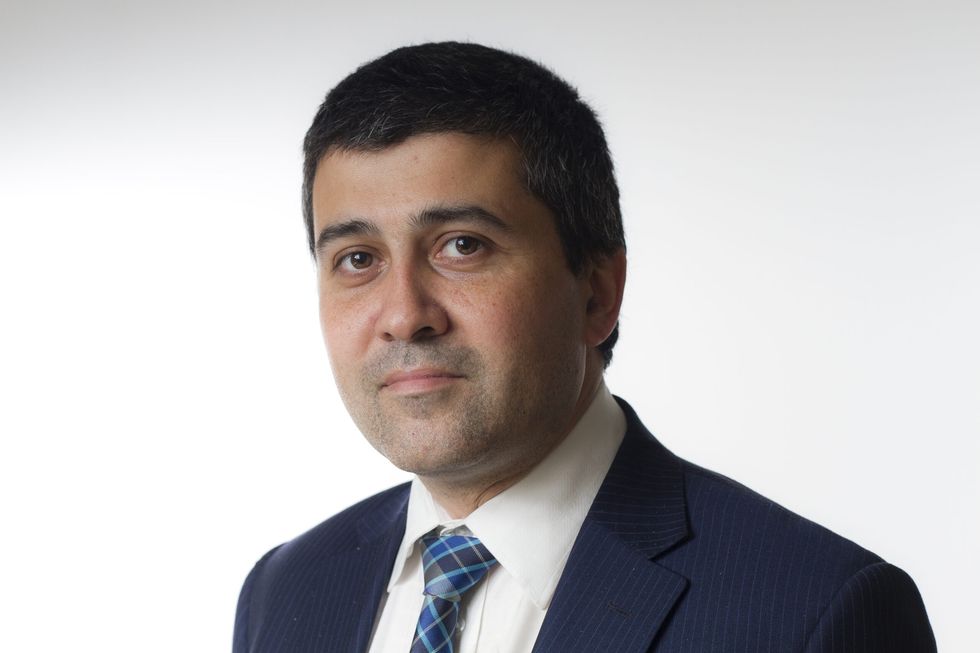
This year’s Remembrance commemorations have also made the link with the 75th anniversary of the arrival of the Windrush, including at a recent British Legion ‘Remember Together’ event in Bristol. A third of the passengers on the boat were Caribbean RAF servicemen returning to Britain when it needed more men to help rebuild the country after the war.
The Indian army’s contribution of 2.5 million soldiers to the Second World War was the largest volunteer army in history. Yet at the start of the First World War centenary commemorations in 2014, only four in 10 people knew that Indian troops took part. That rose to seven out of 10 during the centenary, moving from minority knowledge to something most people have now heard about.
British Future found much lower knowledge of Muslim contribution. Just one in five people were aware that Muslims fought for Britain in the First World War – though 400,000 did so as part of the Indian Army. The centenary effort doubled awareness of this – to almost four out of 10 – but many people remain unaware that Muslims served too.
Back in 2010, a handful of Islamist extremists had provocatively chosen to burn a poppy. It was part of a symbiotic relationship with the far right, with both acting as the best recruiting sergeant that the other could ever imagine. Academic research found 62 per cent of British ethnic minorities say they wear poppies for Remembrance, including half of respondents from Muslim backgrounds.
But that fact struggles to be heard over the noise from toxic fringes who seek to make their mutual desire for a breakdown in community relations a self-fulfilling prophecy. “I just wonder, are we heading to some form of religious war in Britain,” Nigel Farage asked on GB News.
Increasing knowledge of the Commonwealth and Muslim contributions could be one antidote to efforts to promote a new clash of civilisations in British society. The King and Cenotaph wreath layers from across politics, faith and the Commonwealth should reassert why Remembrance can still have more potential to unite than divide, especially once we know the full history of service and sacrifice that we silently remember together.






 Kavita Krishnamurthy
Kavita Krishnamurthy Superboys of Malegaon
Superboys of Malegaon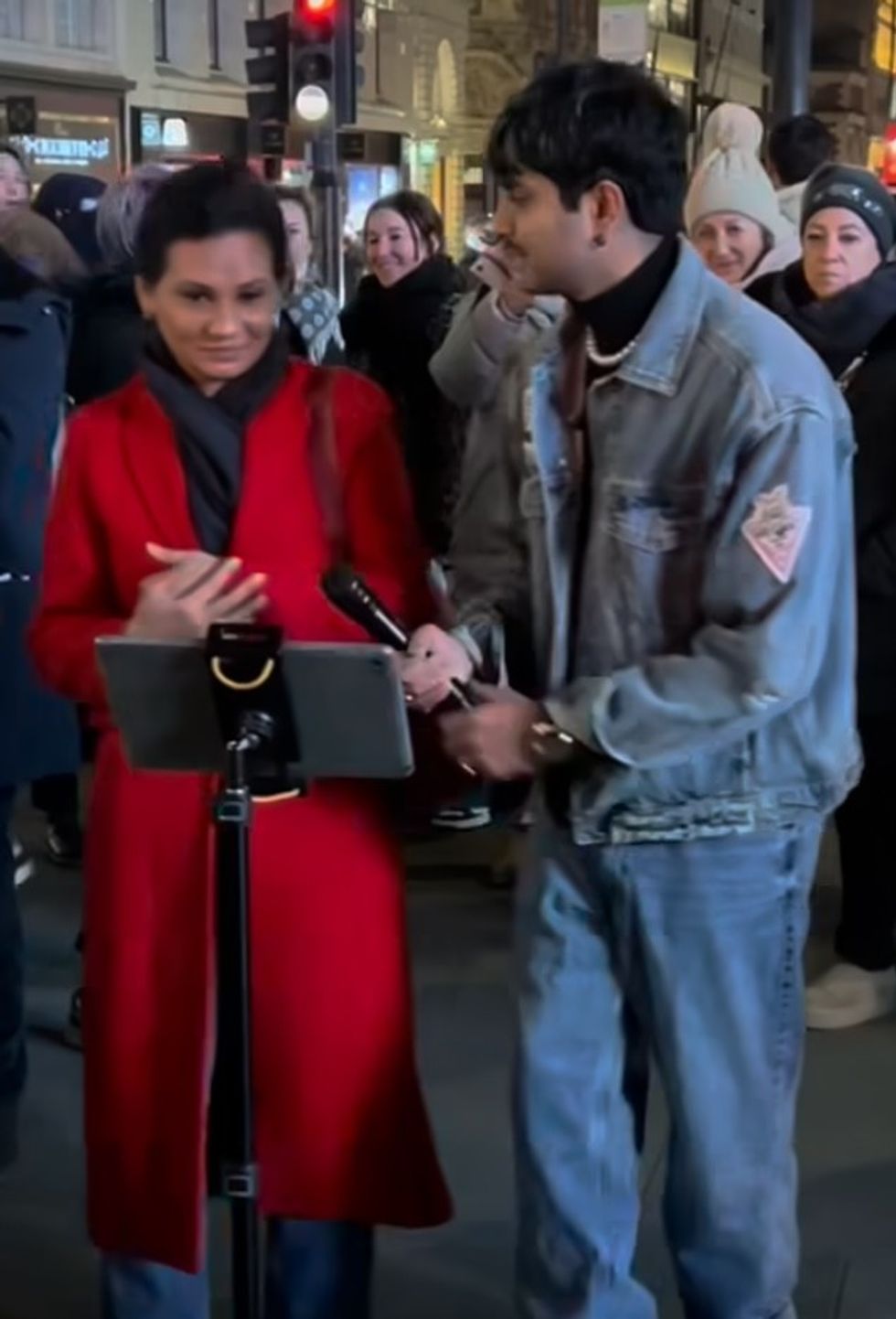 Tanvi Shah and Vish
Tanvi Shah and Vish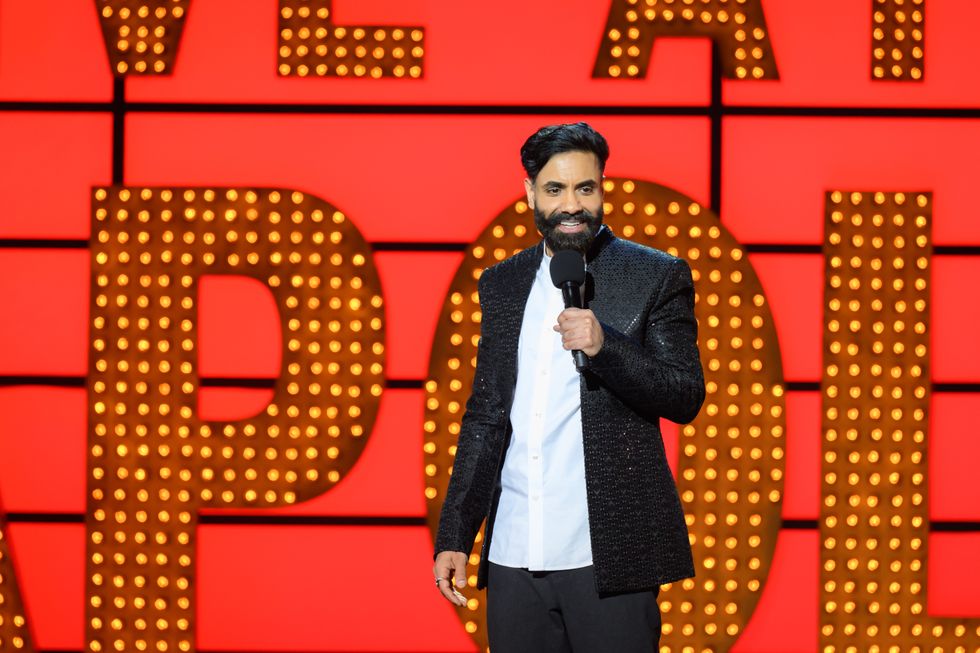 Paul Chowdhry
Paul Chowdhry Roopa Panesar
Roopa Panesar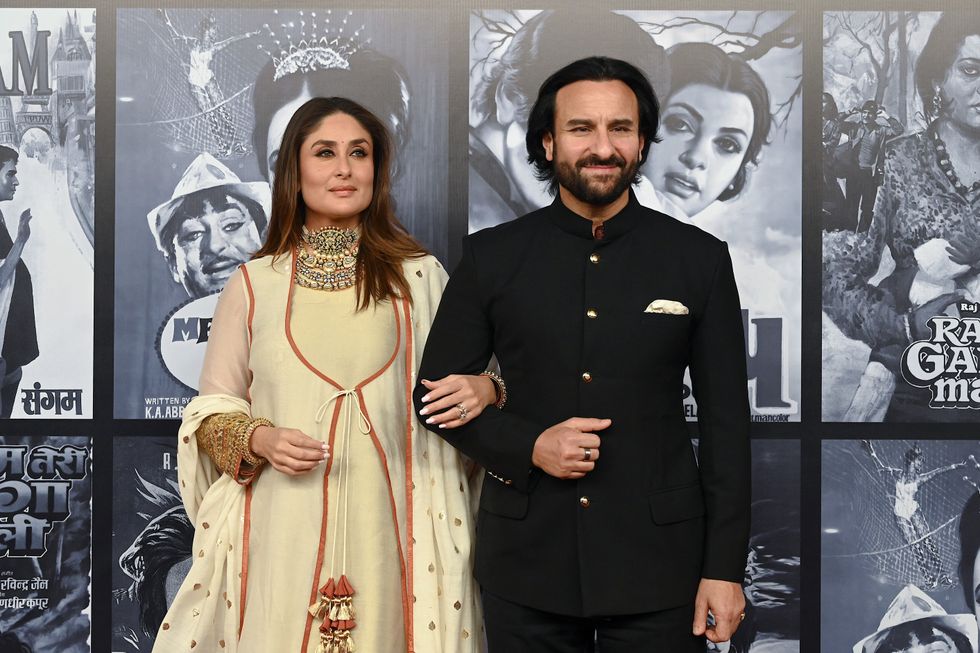 Kareena Kapoor and Saif Ali Khan
Kareena Kapoor and Saif Ali Khan Sonu Nigam
Sonu Nigam Veer Pahariya
Veer Pahariya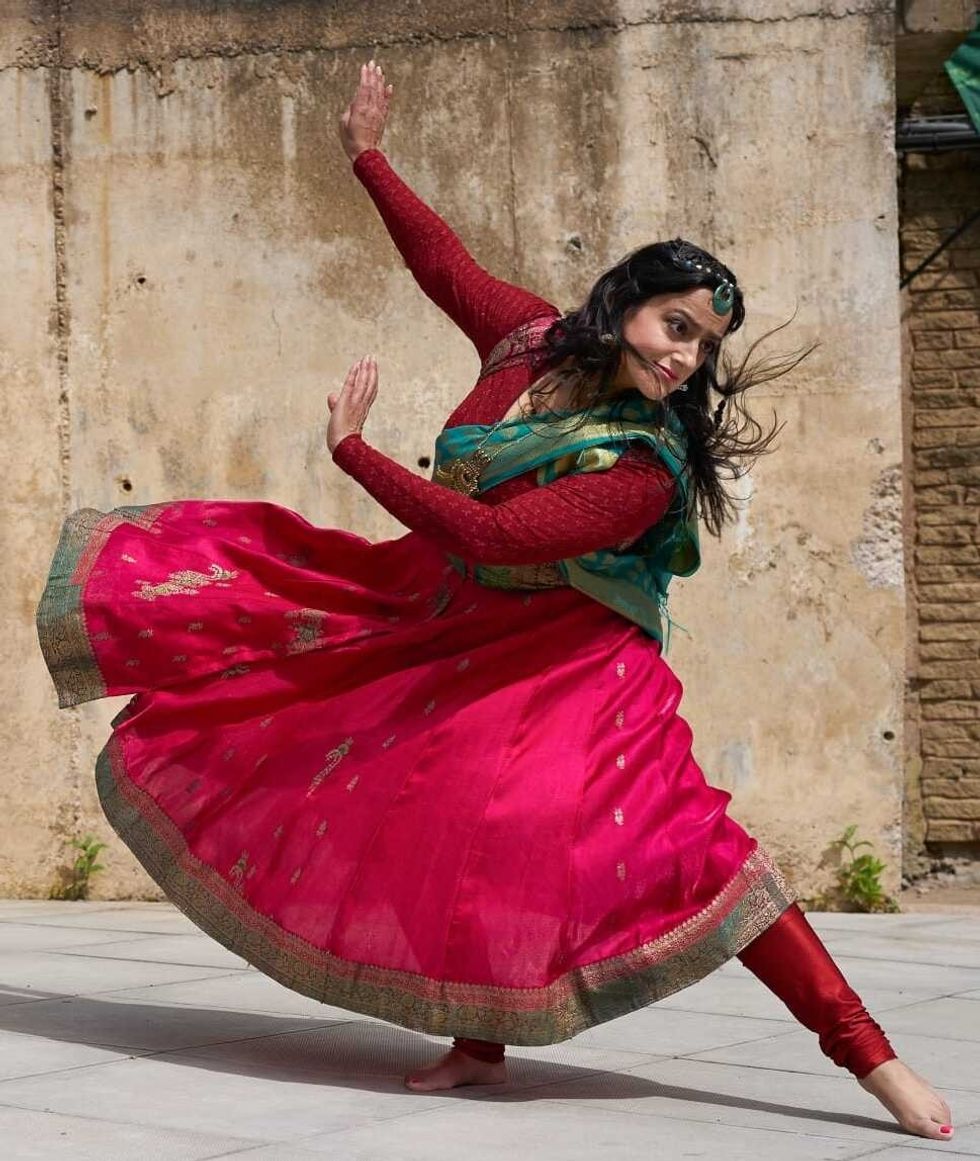 Roshni
Roshni












 Reshammiya in Badass Ravi Kumar
Reshammiya in Badass Ravi Kumar
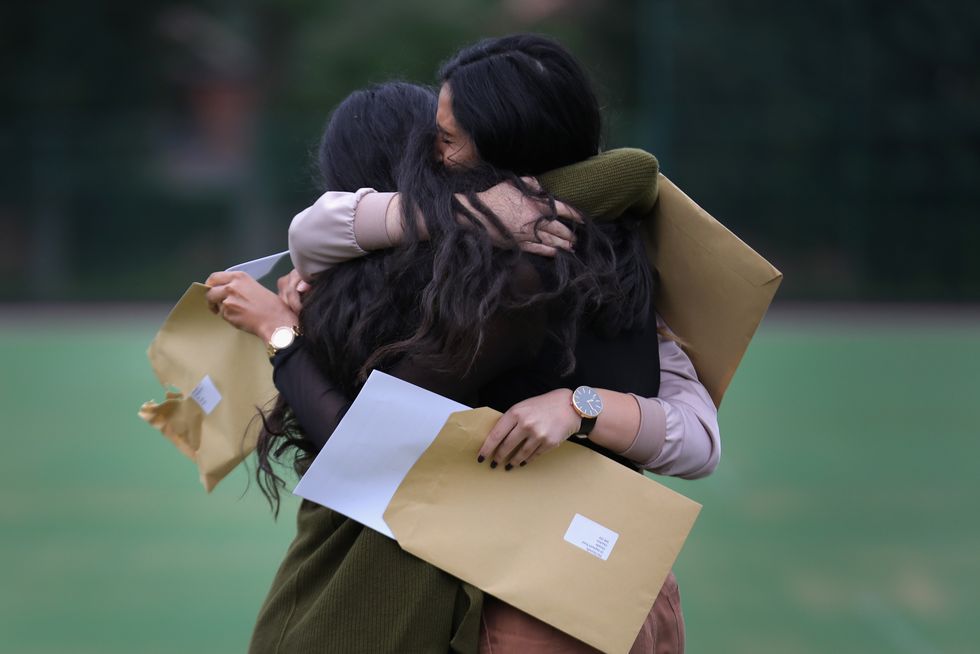 Private schools have been impacted by the 20 per cent VAT imposed on them
Private schools have been impacted by the 20 per cent VAT imposed on them
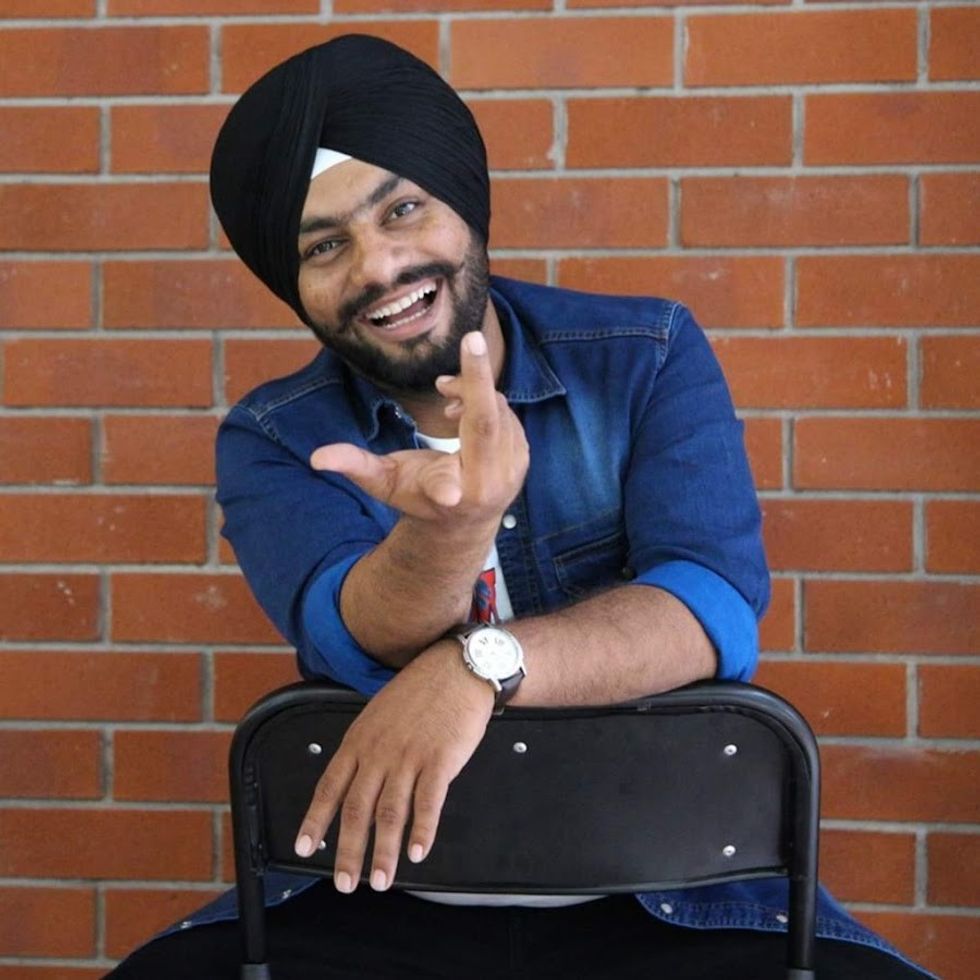 Manpreet Singh
Manpreet Singh Anuja
Anuja Arpita Singh
Arpita Singh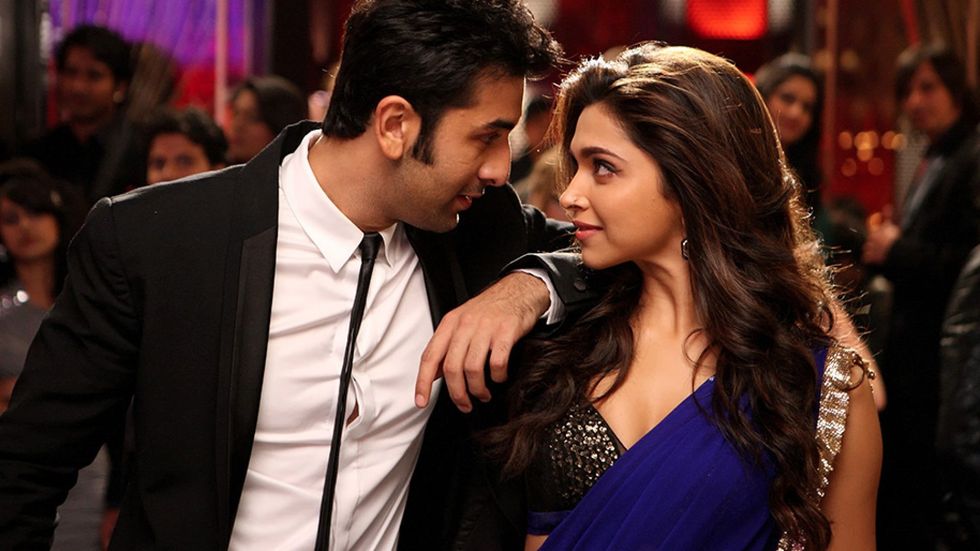 Yeh Jawaani Hai Deewani
Yeh Jawaani Hai Deewani Baby John
Baby John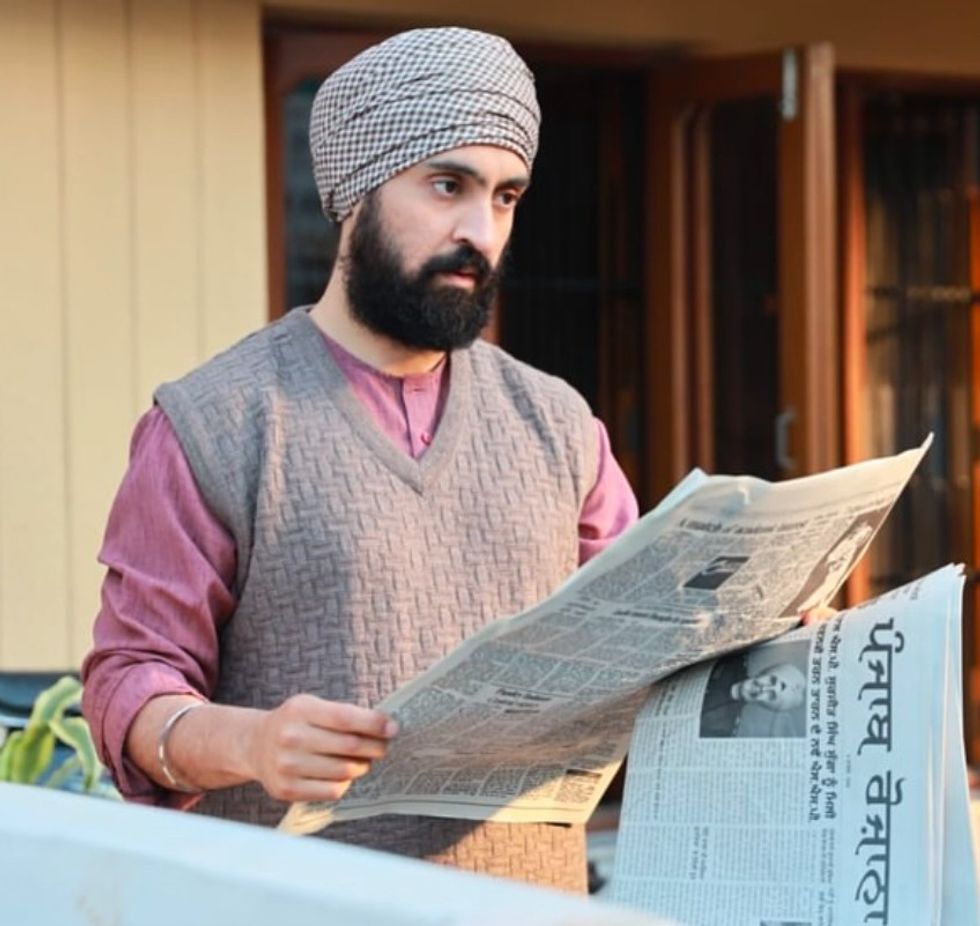 Punjab 95
Punjab 95 Karan Veer Mehra
Karan Veer Mehra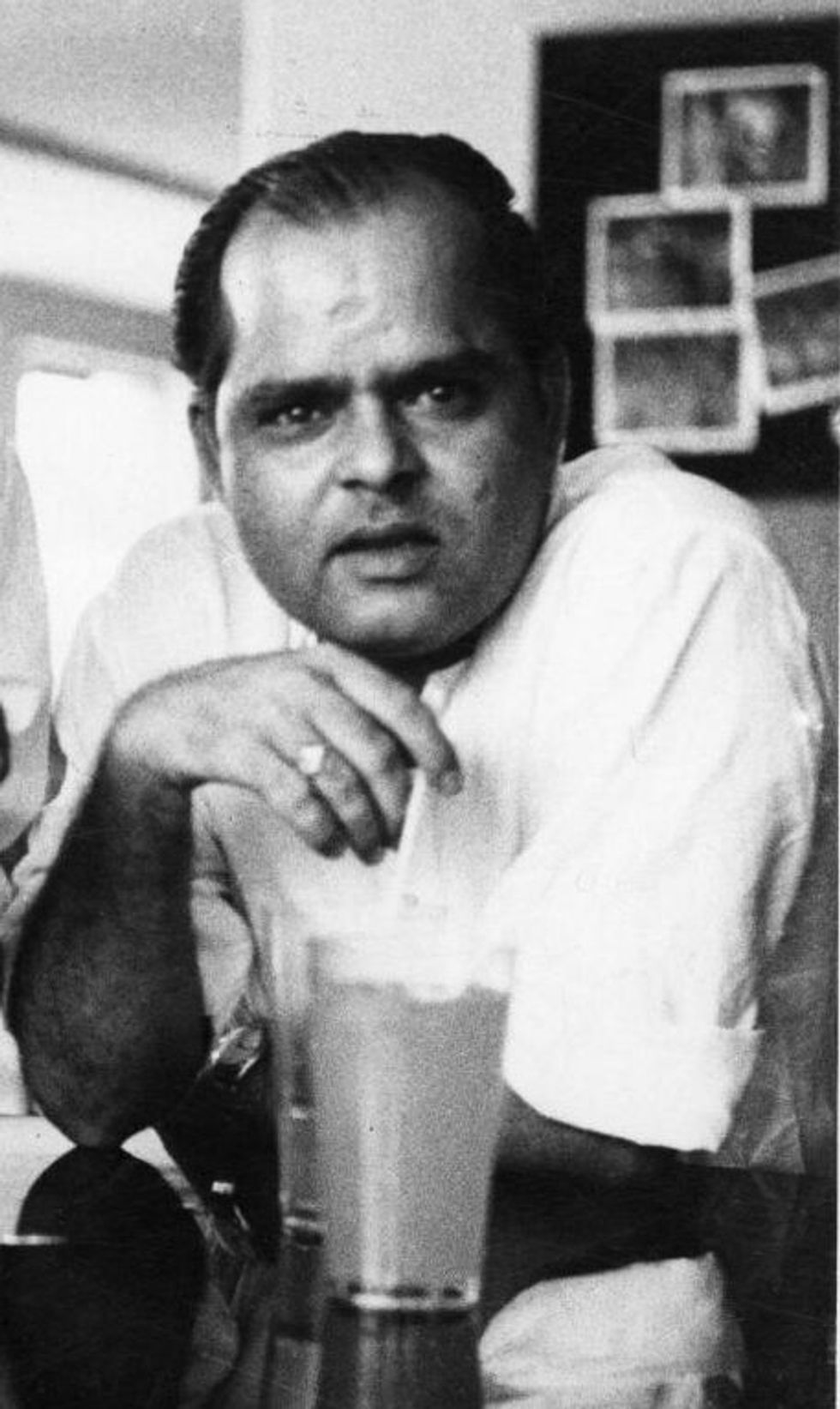 Roshan
Roshan Emergency
Emergency